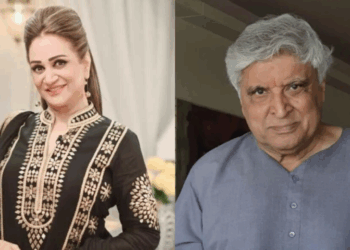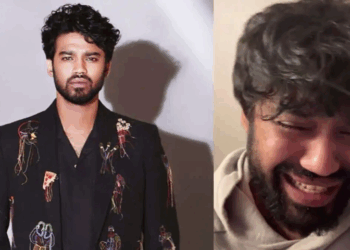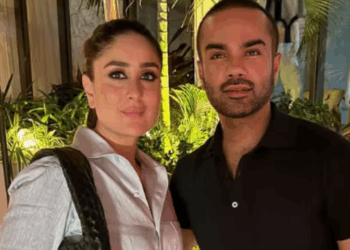Mumbai, May 16, 2025: In a sweeping cultural crackdown, Pakistani music has been removed from major Indian streaming platforms, including Spotify, following an advisory issued by the Indian government on May 8. The directive, citing national security concerns, instructed digital platforms to remove all Pakistani media content.
Popular tracks like ‘Maand’, ‘Jhol’, and ‘Faasle’ began disappearing from Spotify India on Wednesday night, according to NDTV. The move follows heightened tensions between India and Pakistan over the Pahalgam attack, which killed 26 civilians. India blamed Pakistan for the incident, a charge Islamabad denies.
Under the advisory, the Ministry of Information and Broadcasting invoked IT Rules, stating that Pakistani media content could undermine India’s “sovereignty, integrity, and public order.” As a result, streaming platforms, OTT services, and digital intermediaries have begun removing Pakistani songs, films, podcasts, and even artist images.
The erasure has been highly visible. On Spotify and YouTube Music, album art for films like Sanam Teri Kasam no longer features Pakistani actress Mawra Hocane. Similarly, Mahira Khan has been digitally removed from Raees promotional material, leaving Shah Rukh Khan as the sole face of the film. The 2016 hit ‘Buddhu Sa Mann’ from Kapoor & Sons, featuring Fawad Khan, is now unavailable to Indian users on YouTube, and his image has been removed from its poster by Sony Music India.
“They didn’t ask me,” said Sanam Teri Kasam producer Deepak Mukut, reacting to the changes. “It’s their decision. Whatever our government says, everyone has to follow.”
This is not the first time India-Pakistan tensions have spilled into cultural spaces. However, it marks the first large-scale removal of Pakistani music — a space historically shared and celebrated across the subcontinent. From ghazals and qawwalis to modern pop, Pakistani artists such as Nusrat Fateh Ali Khan, Abida Parveen, Atif Aslam, Ali Sethi, and Maanu have long commanded a massive Indian fanbase.
Ironically, Bollywood continues to remake many of the very songs now banned in their original form. Pakistani hits like ‘Aap Jaisa Koi’, ‘Hawa Hawa’, ‘Nach Punjaban’, and ‘Pasoori’ have been reimagined and commercialized by Indian music labels — a trend likely to continue even as the originals and their creators are scrubbed from Indian platforms.
Critics have labeled the ban a political maneuver that not only punishes artists but erodes a shared cultural heritage that transcends borders. For now, India’s digital music landscape looks increasingly insular, as politics overtakes harmony — both literal and figurative.








